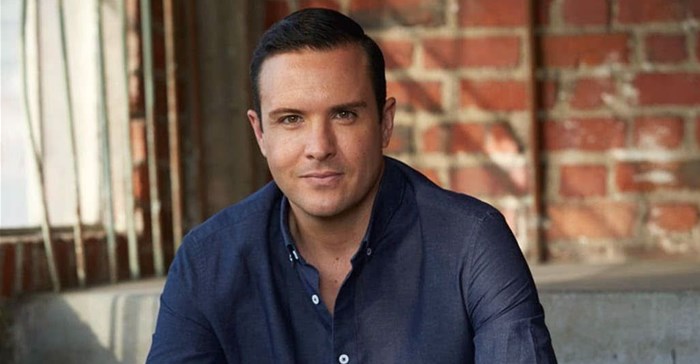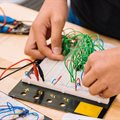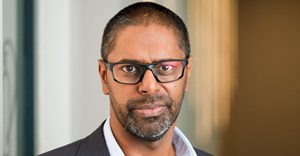
#Sona2024: Education gains are big step for equality and empowerment

The president highlighted the growing number of learners from no-fee schools achieving bachelor passes annually, illustrating a quiet revolution. In this revolution, children from the most economically disadvantaged backgrounds are not merely keeping up but often surpassing their counterparts in more privileged educational environments.
Dr Corrin Varady, CEO at Idea, concurs with this sentiment, recognising the strides made in utilising education for equality and empowerment over the past three decades.
“However, in light of the announced investment into the local green economy, it is vital that the government adopts a proactive stance to ensure this momentum is not hindered, given the escalating importance of science, technology, engineering, and maths (STEM) skills,” he says.
Investments into projects such as green hydrogen, electric vehicle manufacturing, and green steel production are set to generate new economic opportunities and sustainable jobs.
Urgent action needed
“STEM skills are crucial for today’s youth to capitalise on these opportunities, yet we continue to observe an educational divide, with 57% of high school maths and science heads of department lacking appropriate qualifications in these subjects. Given this, how will students be adequately trained?” queries Dr Varady.
“These results are mirrored by South Africa recording the lowest maths scores globally, with less than a third of all matric students taking maths, and only half passing their exams."
Urgent action is needed to properly train teachers, particularly those currently leading maths and science departments who may lack subject expertise
Varady added that in order to tackle the challenges faced by educators in supporting students in STEM subjects, it’s necessary to confront the stark reality that there isn’t enough innovation in our educational sector.
He emphasised the need for the educational sector to adopt the same levels of innovation that are expected from our industries. He warned that without this, the ‘silent revolution’ will only impact a small number of students.
He concluded, “If we fail to address these and other obstacles to our students’ STEM skill development now, we not only risk missing out on the opportunities presented by the green economy but also perpetuate the cycle of inequality.”















